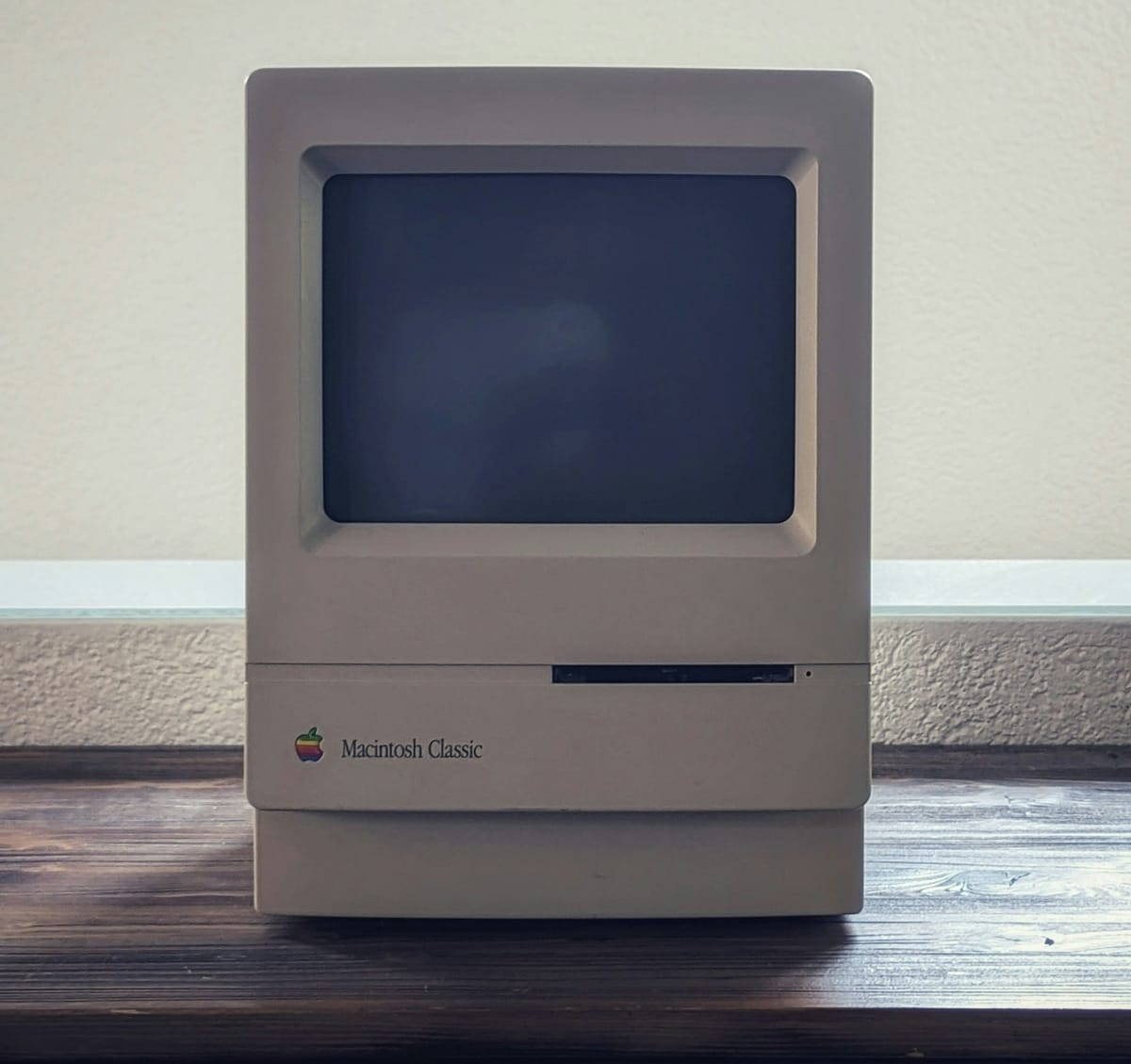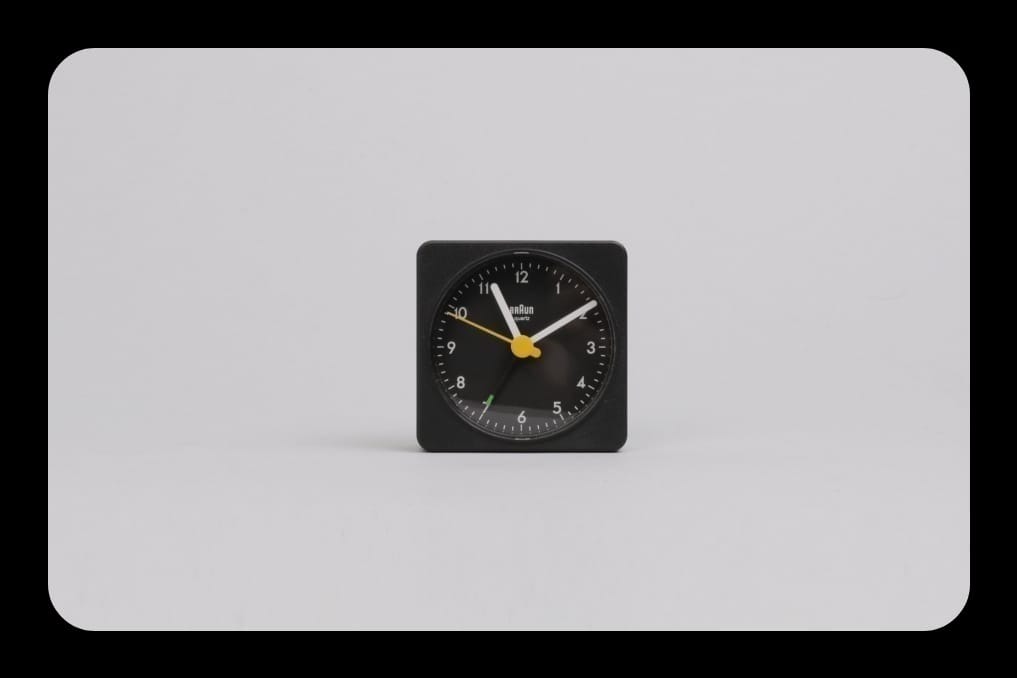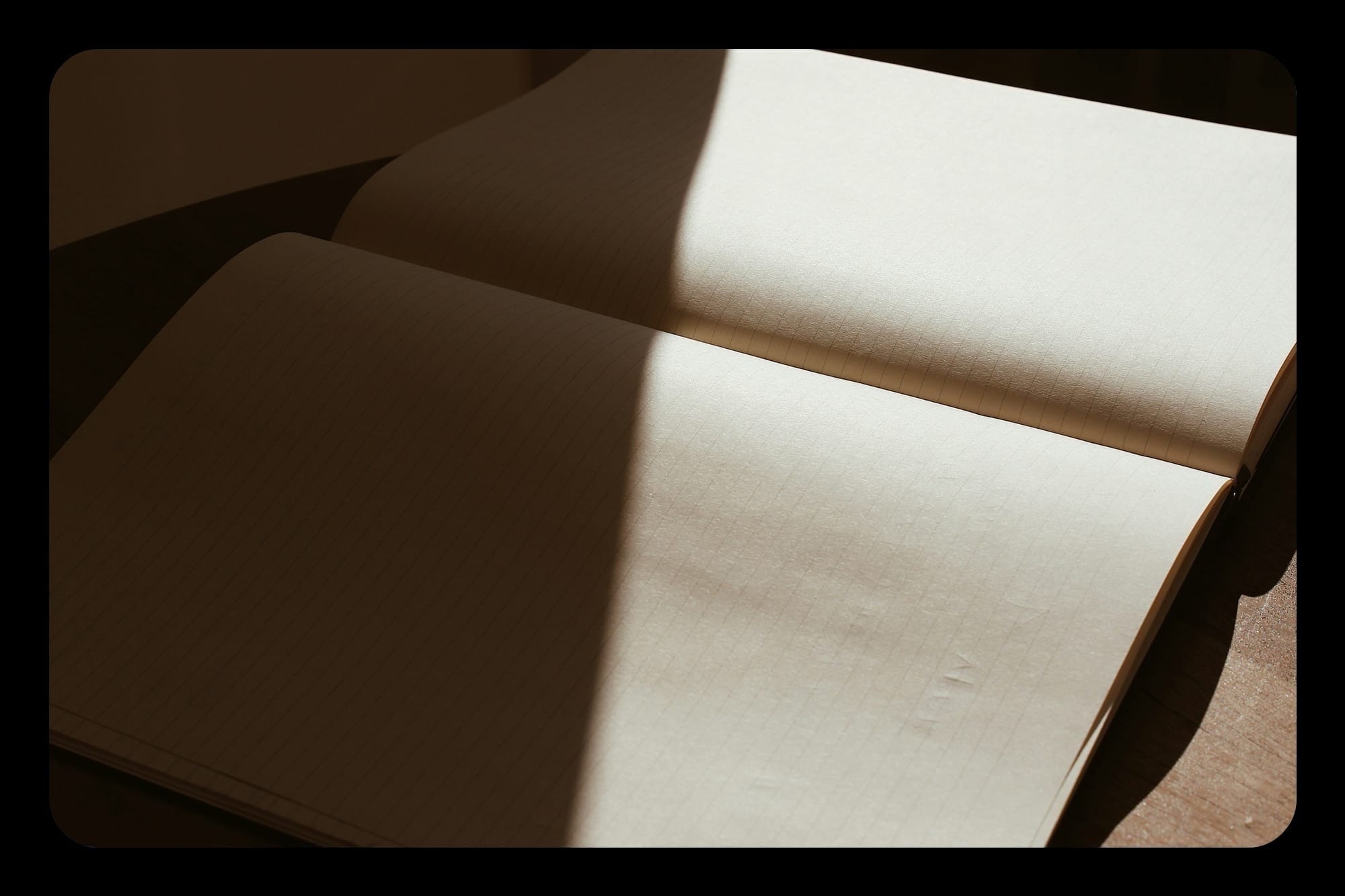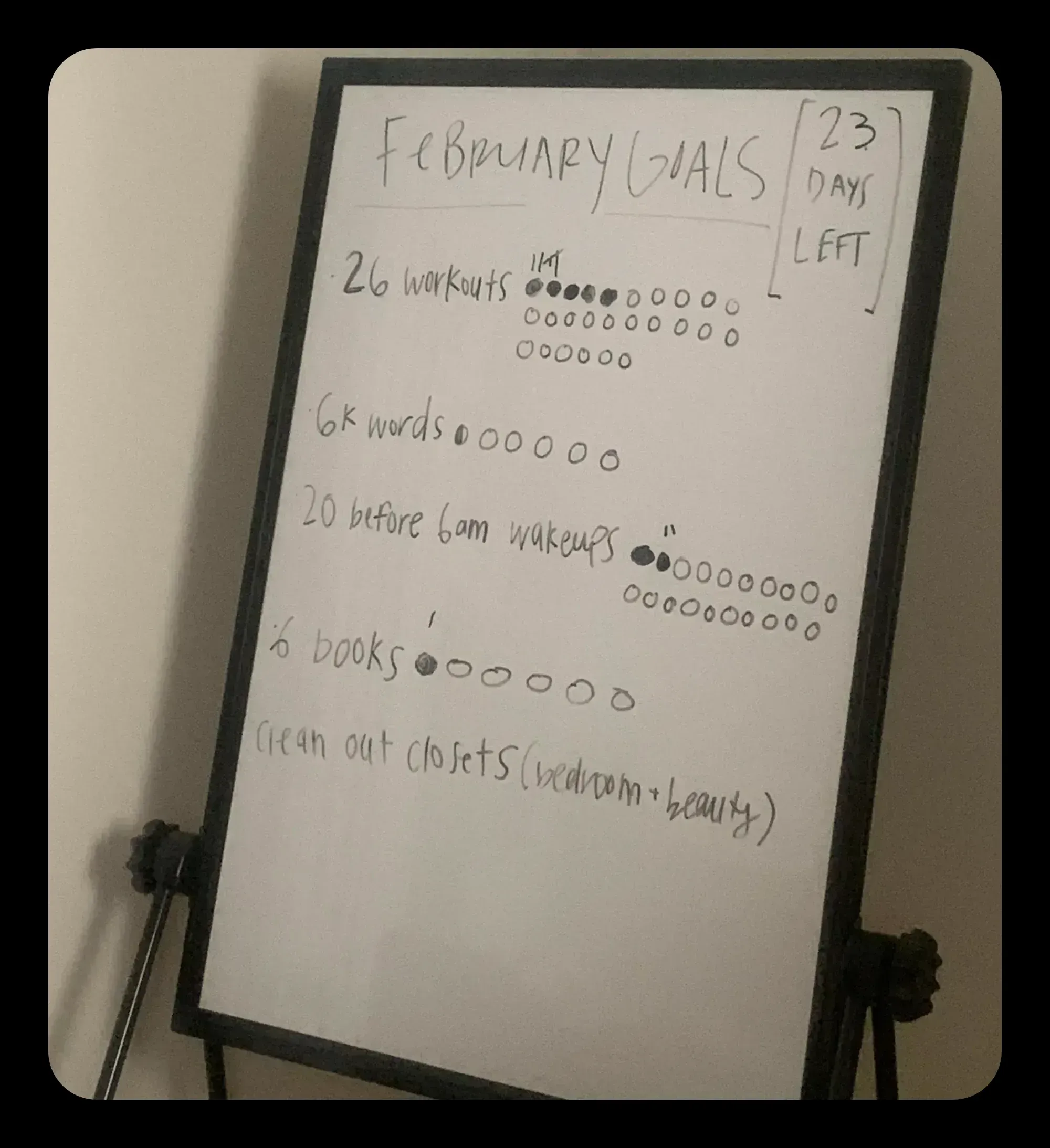Low-tech for peak focus

Everything is 'smart' now. Chances are…
- your tooth brush got an app
- your watch does way more than just telling time
- you mostly use your phone for things apart from communication
As a society, we are constantly seeking new smart innovations to optimize our lives and to save time.
But nowadays, we don't lack the functionality to reach our goals. We lack focus.
This is where century old technologies regain justification for existence. Profound beauty lies in their simplicity. Great utility in their limitations.
Here are 3 gadgets that enrich our lives by limiting us and by taking up space.
No. 1 – Alarm Clock
The biggest advantage that comes with a dedicated alarm clock is…
- it enables you to leave your phone in another room when going to bed.
- when you wake up, your phone will still be in another room.
That's all it does. And it's essential.

Both are crucial moments of the day.
It's easy to spend excessive time scrolling when you take your phone with you to bed. The same is true for waking up next to your phone.
I've been guilty of both.
Making the right decision here is not necessarily about discipline. It's about nudging yourself towards making the proper decisions.
In a study performed by Thorndike et al. (2012) they designed an intervention based on what they call 'choice architecture'.
They reduced the consumption of unhealthy beverages in a hospital by making water more visible and accessible than its unhealthy counterparts.
Another example is the product layout inside of supermarkets.
The more expensive brand products –which drive a bigger profit– are placed at eye level to get your attention. The more noticeable their positioning, the more likely you are to buy them.
To spend less time on your phone in the morning and in the evening, leave it in another room.
No. 2 – Journal
Writing is thinking on paper. The clearest form of thinking we are capable of.
Writing things down can help us to think more deliberately. Only once we commit words to the paper, we realise the silliness of some thoughts and the profoundness of others.
Write for clarity.
There are different writing practices you could perform. You could write down whatever comes to your mind. Or you could use predefined questions that you then write about regularly.

Here is how I want to implement writing into a journal in my daily routine:
After waking up, I intend to write down what the 3 most impactful tasks are for the day. This must not only be work related. One of them could be meeting with a friend over a coffee.
Then throughout the day I could scribble into the journal to just support my thought process when working on a project.
At the end of each day, I will use my journal to review the day. Tasks completed? Something I am proud of or grateful for? Things I want to change?
No. 3 – White board
If things are important to us, we should commit physical space to them. This is something we lost in the digital age.
The whiteboard does the opposite of our alarm clock.

Dedicate a specific space in your environment to things if you'd like to think about them more. I use a whiteboard as a physical anchor for an intangible project. Currently, to keep track of habits I'd like to implement.
If you don't have space for a full-blown whiteboard, or you would rather not drill holes into your walls, you can buy flipchart foil that sticks to your wall electrostatically and can be written on with whiteboard markers.
Consider sharing the article with a friend if you found it helpful, and subscribing to the newsletter if you are not already.